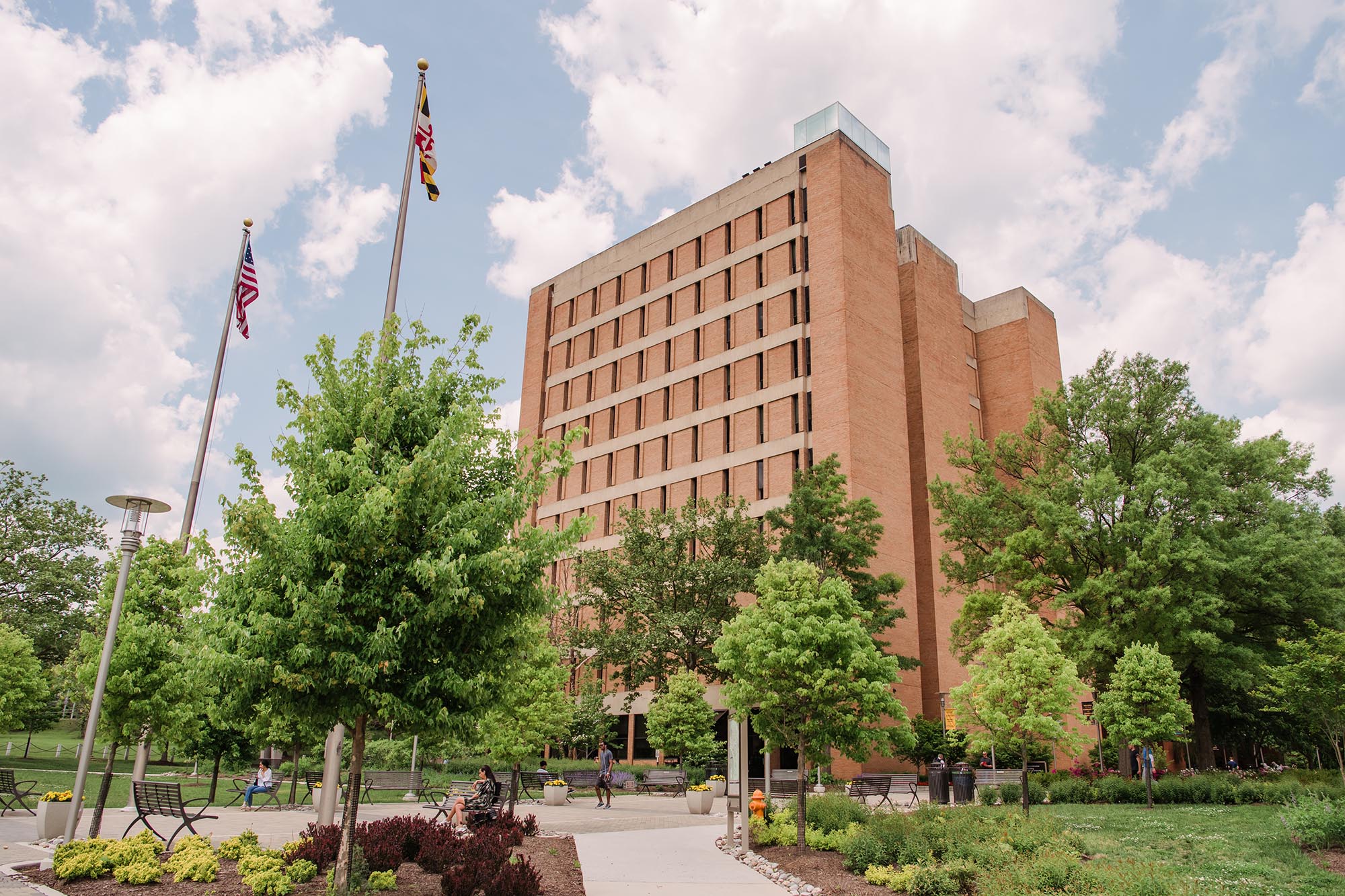
Governance
University System of Maryland
The University System of Maryland shared governance includes many system-wide representative bodies, which serve as Councils and Workgroups for the chancellor and other system administrators.
University System of Maryland (USM) Board of Regents
The USM Board of Regents is responsible for the governance and management of the USM and all constituent institutions, centers, and institutes.
Council of University System Faculty (CUSF)
CUSF considers and makes recommendations on matters of system-wide professional and educational concern to the faculty and matters to which faculty bring special expertise.
Council of University System Staff (CUSS)
CUSS provides a voice for staff concerns about to basic decisions that affect the welfare of USM, its constituent institutions, and its employees. CUSS functions in an informed advisory role in administrative areas and in the functional support aspects of academic matters.
University System of Maryland Student Council (USMSC)
The USMSC provides a vehicle to ensure that the System leadership is aware of student perspectives and responsive to student concerns and issues
UMBC Governance
University Steering Committee
The University Steering Committee (USC) leads UMBC’s shared governance process. Its members are the Presidents and Vice Presidents of the Faculty Senate, the Professional Staff Senate, the Nonexempt Staff Senate, the Graduate Student Association, as well as the President and Speaker of the Student Government Association, the Chair of the Adjunct Faculty Advisory Committee, and the President of UMBC, ex officio. The USC establishes rules ensuring the proper coordination of the six representative bodies. It also represents the interests of our shared governance groups to UMBC Administration, the University System of Maryland (USM) Administration, and the USM Board of Regents.
Faculty Senate
The Faculty Senate supports the success of faculty and students through its central role in the shared governance process. It speaks on behalf of the faculty in regards to faculty independence, promotion, tenure, and retention; requirements for awarding undergraduate and graduate degrees; and reviews of academic departments and programs. It also supports and makes recommendations regarding the establishment of policies for the research, scholarship, and creative activities that are the cornerstone of a strong university.
Adjunct Faculty Advisory Committee
The UMBC Adjunct Faculty Advisory Committee (AFAC) is an elected body charged with communicating adjunct needs and concerns to the campus administration, making recommendations related to adjunct professional development and working conditions, and providing advice in the development and implementation of policies and procedures related to adjunct faculty.
Graduate Student Association (GSA)
The Graduate Student Association represents the interests and concerns of all graduate students attending UMBC, by providing them with a forum for discussions of and recommendations on matters involving graduate students and their welfare at UMBC.
Non-Exempt Staff Senate (NESS)
The Non-exempt Staff Senate represents the interests and concerns of all levels of the non-exempt staff not otherwise represented by an exclusive bargaining agent; supports the administration and academic community with the knowledge, skills, and abilities of this constituency; provides a forum for discussion and recommendation on matters involving this constituency and the welfare of UMBC; participates, in an advisory capacity, in the review and implementation of University policies.
Professional Staff Senate (PSS)
The Professional Staff Senate represents the interests and concerns of the exempt staff at UMBC; certifies elections of members to committees as provided in the Plan of Organization; provides a forum for discussion and recommendations on matters involving exempt staff and the welfare of UMBC; reviews academic and administrative policy as it affects the exempt staff; develops committees and acts within these committees as a vehicle to serve the membership.
Student Government Association (SGA)
The Student Government Association promotes the recognition of students’ rights and responsibilities; individual and collective thought; student interests and needs; and school spirit and involvement. It empowers the student body to defend this mission.
